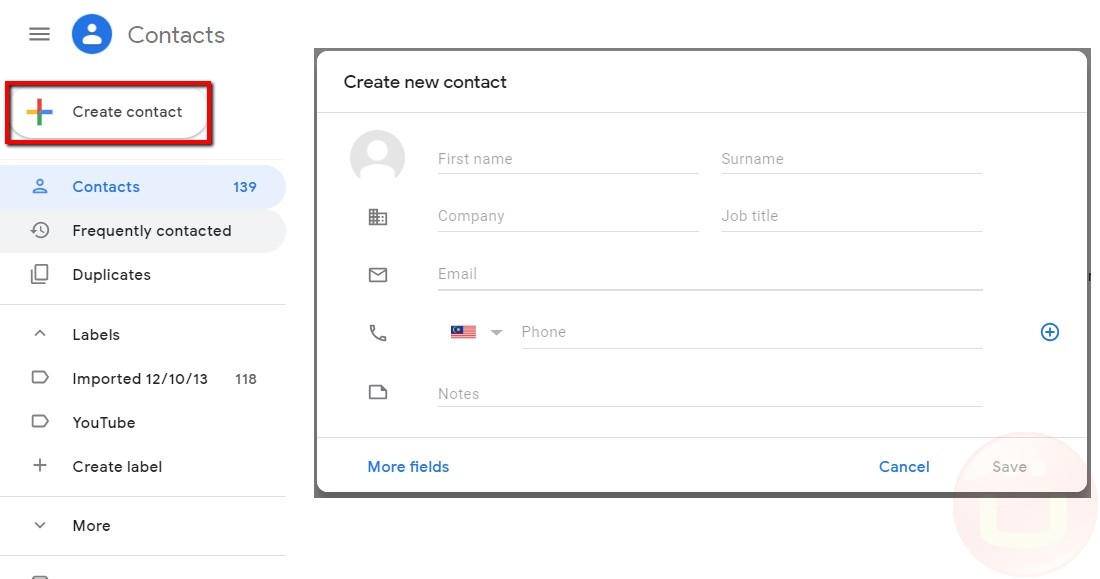How to Effectively Transfer Money Between Banks in 2025

Understanding How Long It Takes to Transfer Money Between Banks
In today's fast-paced financial landscape, knowing how long does it take to transfer money between banks is crucial for effective fund management. Whether you're conducting personal transactions or managing business expenses, comprehending interbank transfer duration can save you time and reduce stress. Different transfer methods, such as Electronic Funds Transfer (EFT) or wire transfers, vary in lengths and conditions.
As we move into 2025, this article will explore the average bank transfer time based on established practices and emerging technologies. We will structure this piece around key elements like bank processing times, immediate transfers, and the effects of delays on transactions.
By the end of this article, you'll have a clearer picture of bank transfer delays and how to navigate the dynamics of banking service transfer periods.
Factors Affecting Bank Transfer Times
Understanding the components that influence money transfer processing time can empower consumers to make informed decisions. Various factors come into play:
Type of Transfer
The most significant factor affecting fund transfer between banks is the type of transfer you choose. For instance, wires are often fast, completing in hours, whereas the Automated Clearing House (ACH) transfers may take one to three business days.
Processing Methods
Online payment transfer durations can differ significantly based on whether the transaction involves real-time payments or standard processing. Real-time payment systems (RTP) can execute transactions instantaneously, while traditional methods linger in bank processing periods.
Cross-Border vs. Domestic Transfers
International bank transfer speed differs vastly from domestic bank transactions. Initiating a fund transfer internationally typically takes longer due to cross-border banking regulations and procedural checks. For example, cross-border transfer times may stretch up to a week, while domestic transactions usually clear much faster.
Overall, taking these factors into account before initiating a transfer can clarify your expectations for transfer duration between financial institutions.
Types of Bank Transfers and Their Speed
Once you identify the factors influencing bank transfer time, it's essential to understand the varying types of transfers available. This section dives into options you'll consider in 2025.
Wire Transfers
When you require quick access to funds, wire transfers are often the preferred option. Typically completed on the same day, wire transfer timeframes can vary due to different banking policies. It's a method best suited for urgent, high-value transactions.
ACH Transfers
On the other hand, ACH transfers represent a more cost-effective solution for non-urgent funds movement. While they can often take up to three days, ACH transfer times have benefitted from advancements, resulting in added efficiency.
Real-Time Payments
In 2025, consumers increasingly favor real-time payments as an emerging solution for banking service levels. These allow for immediate access to funds and have rapidly become the standard in numerous financial transactions. Services like Zelle or Venmo provide instant transfers, reflecting changing consumer preferences.
Recognizing these distinctions broadens your understanding of various available banking options and speeds.
Common Delays in Bank Transfers
Bank Processing Times
Processing times can vary across banks due to their workflow and technology choices. Changes within your bank’s processing periods can impact how quickly your funds are available.
Weekends and Holidays
Transfer transactions don’t necessarily process on weekends or bank holidays. Therefore, planning ahead is key to avoiding unnecessary delays, particularly on crucial dates like direct deposit time.
Errors in Transactions
An error during the transfer process can result in significant delays. Small issues, such as incorrect account numbers or the absence of required details, can affect electronic funds transfer speed considerably.
Best Practices for Fast Bank Transfers
To ensure a smooth transfer process, consider these best practices that can optimize your money transfer service speeds.
Verify Recipient Information
Always double-check the recipient account details. Providing accurate information is critical to avoiding transaction errors that can hinder speed.
Choose the Right Transfer Method
Evaluate the urgency of your transfer. If you need funds to arrive quickly, a wire transfer may be the right solution, while ACH transfers can work if time is less pressing.
Schedule Transfers Strategically
Planning the transfer time wisely can further help in ensuring your funds move as quickly as possible. For instance, initiate your transfer earlier in the week to avoid weekend hold-ups.
Future Trends in Bank Transfers
The landscape of banking is evolving rapidly, and it’s important to consider what to expect in the coming years regarding bank transfer procedures.
Increased Adoption of Digital Banking
As society moves towards digital solutions, expect more banks to enhance digital banking platforms, allowing for quicker transactions and better user experience. New technologies will drive efficiency in banking system efficiency.
Blockchain Technology Impact
Blockchain technology could redefine traditional banking methods through faster, more secure transactions. As this technology becomes more mainstream, you may see enhanced fund transfer methods for both domestic and international payments.
Improved Regulations
Regulatory advances could further expedite banking service transfer periods as financial institutions adapt to modern banking expectations.
Q&A on Money Transfer Processing Times
What are the standard bank transfer times?
Standard transfer times include wire transfers, which can take a few hours; ACH transfers, which typically take 1-3 business days; and real-time payments, which are immediate.
Why do bank transfers take longer sometimes?
Common reasons for delays include holidays, bank processing times, inaccuracies in information entered, or the type of transfer selected.
Can I track my money transfers?
Most banks provide tracking options for transfers, allowing you to monitor the transaction progress until the funds reach the recipient.
Are there fees associated with different transfer types?
Yes, different methods of transferring money often carry varying fees, particularly wire transfers, which tend to be more expensive than ACH transfers.
What is the fastest way to send money between banks?
The fastest way is generally through a wire transfer or utilizing services like Zelle, which allows for immediate transactions.